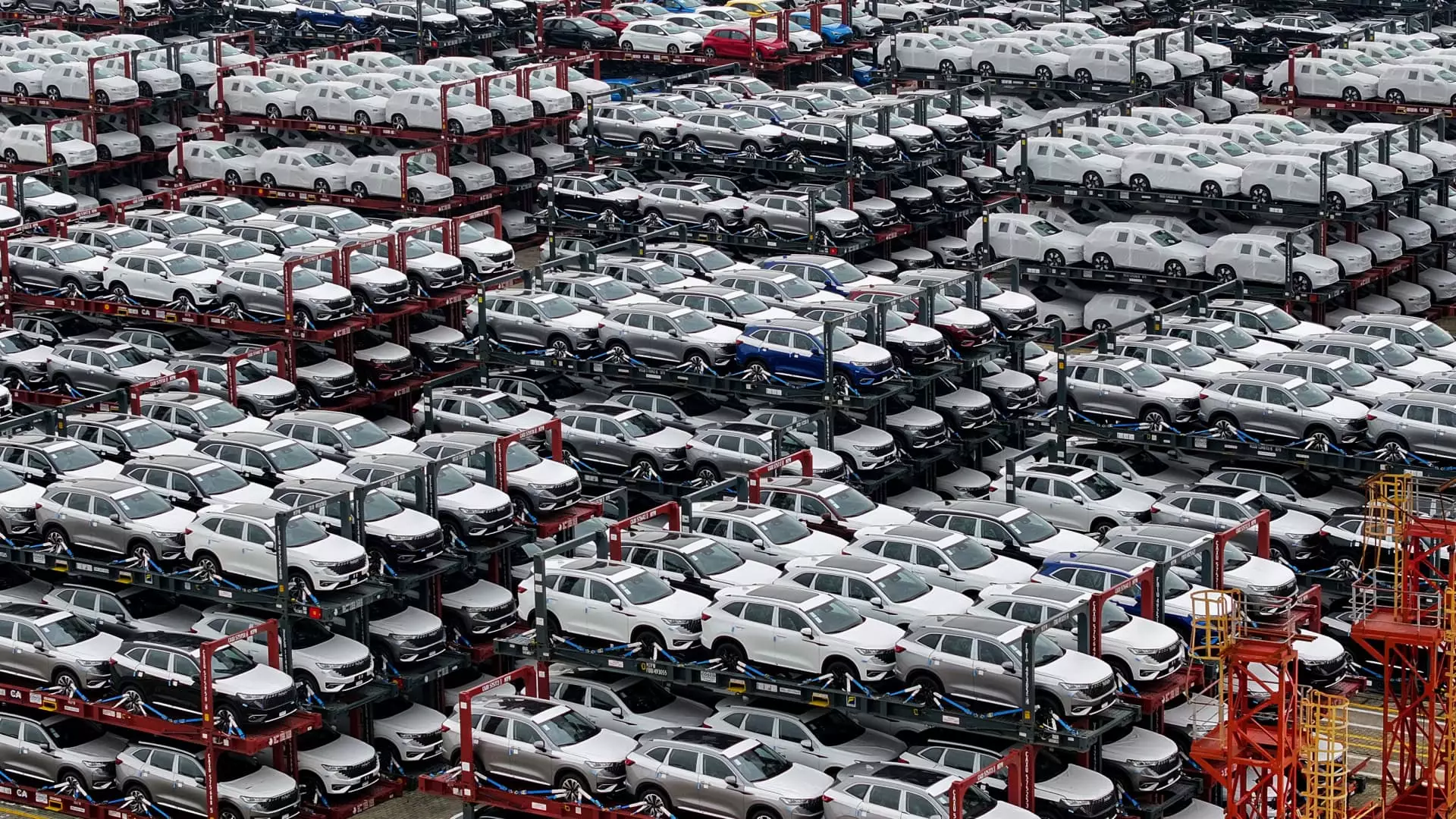China and the European Union are currently in discussions regarding the potential imposition of tariffs on Chinese-made electric vehicles (EVs) being imported into the European market. This move comes as a response to concerns raised by the EU about excessive subsidies provided to Chinese EV manufacturers. The situation has escalated to the point where the EU has proposed provisional duties of up to 38.1% on imported Chinese EVs, with the investigation set to continue until November. This article will delve into the implications of these proposed tariffs on both China and the EU.
Germany’s Economy Minister Robert Habeck recently met with EU commissioner Valdis Dombrovskis and Chinese officials to discuss the tariffs on Chinese EVs. Habeck emphasized the importance of open markets but stressed the need for a level playing field. He pointed out that subsidies that provide unfair advantages to companies cannot be tolerated. The willingness of both China and the EU to engage in negotiations and dialogue is a positive step towards resolving this issue. However, there is still a long way to go before a consensus is reached.
The EU’s decision to propose hefty duties on imported Chinese EVs is a strategic move to address what they perceive as unfair subsidies given to Chinese companies. The provisional duties set to come into effect in July are aimed at creating a more competitive environment for European manufacturers. It is crucial for the EU to ensure that its domestic industries are not overshadowed by foreign companies that benefit from government support. The proposed tariffs are not intended as punishment but rather as a means to level the playing field and protect European businesses.
China’s stance on the proposed EU tariffs is one of staunch defense of its companies and industries. Chinese officials have denied allegations of unfair subsidies and argue that the growth of the new energy industry is a result of technological advancements and market competitiveness. The Chinese government has vowed to protect its companies and has called on countries like Germany to show leadership within the EU. The potential impact of the proposed tariffs on Chinese EVs has prompted Chinese carmaker SAIC Group to explore alternative products in response to the threat.
Despite the current tensions surrounding the proposed tariffs, there is room for negotiation and discussion between China and the EU. Both sides have expressed openness to finding a resolution that is mutually beneficial. The upcoming video conference between EU Trade Commissioner Valdis Dombrovskis and Chinese Commerce Minister Wang Wentao presents an opportunity to address concerns and explore possible compromises. It is essential for both parties to engage in constructive dialogue to avoid further escalation of trade disputes.
The proposed EU tariffs on Chinese-made EVs have sparked a dialogue between China and the European Union regarding trade practices and market regulations. While the situation remains tense, there is potential for a resolution that addresses the concerns of both sides. The outcome of the negotiations will have far-reaching implications for the future of trade relations between China and the EU. It is crucial for both parties to approach the discussions with an open mind and a willingness to find common ground. Only through cooperation and dialogue can the issue of unfair subsidies and trade imbalances be effectively addressed.


Leave a Reply